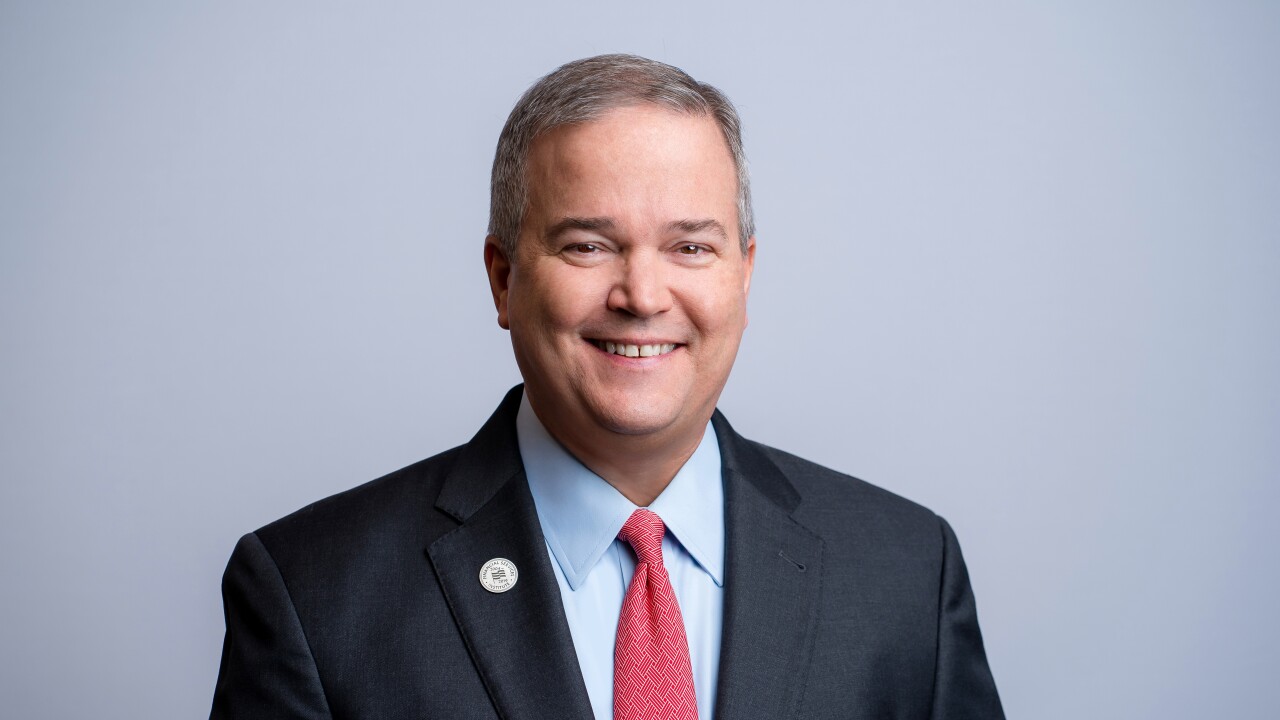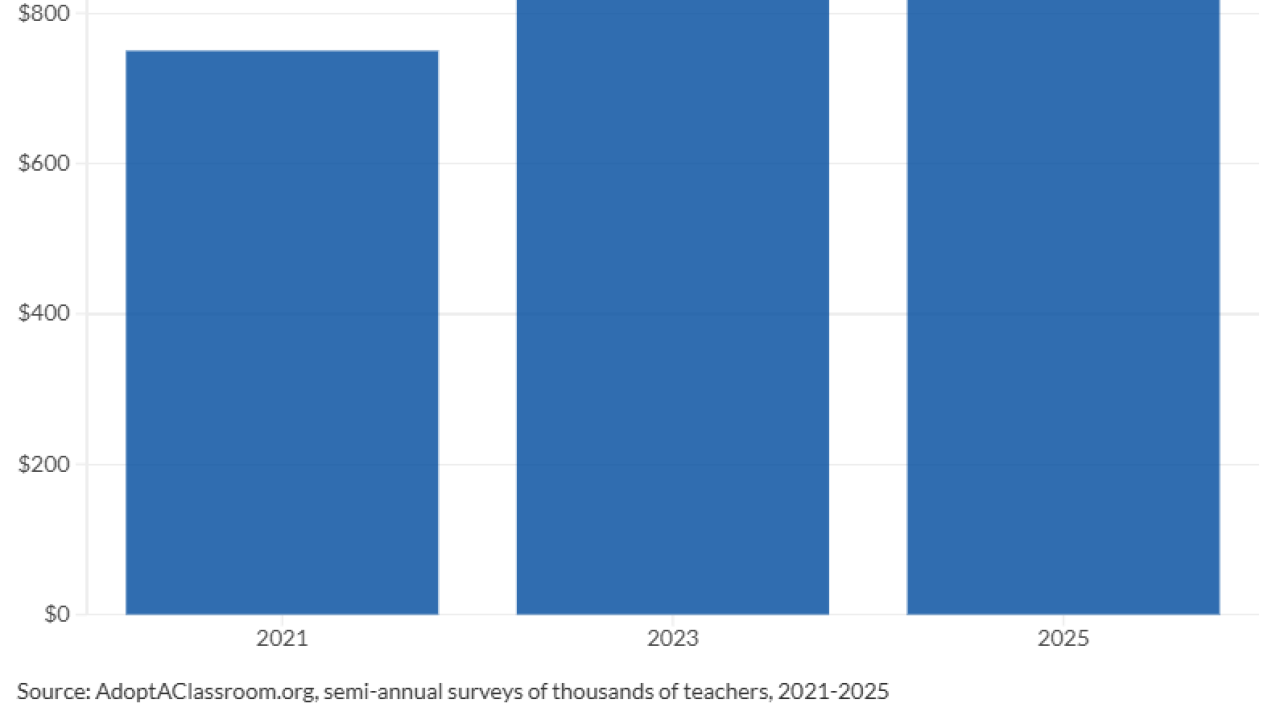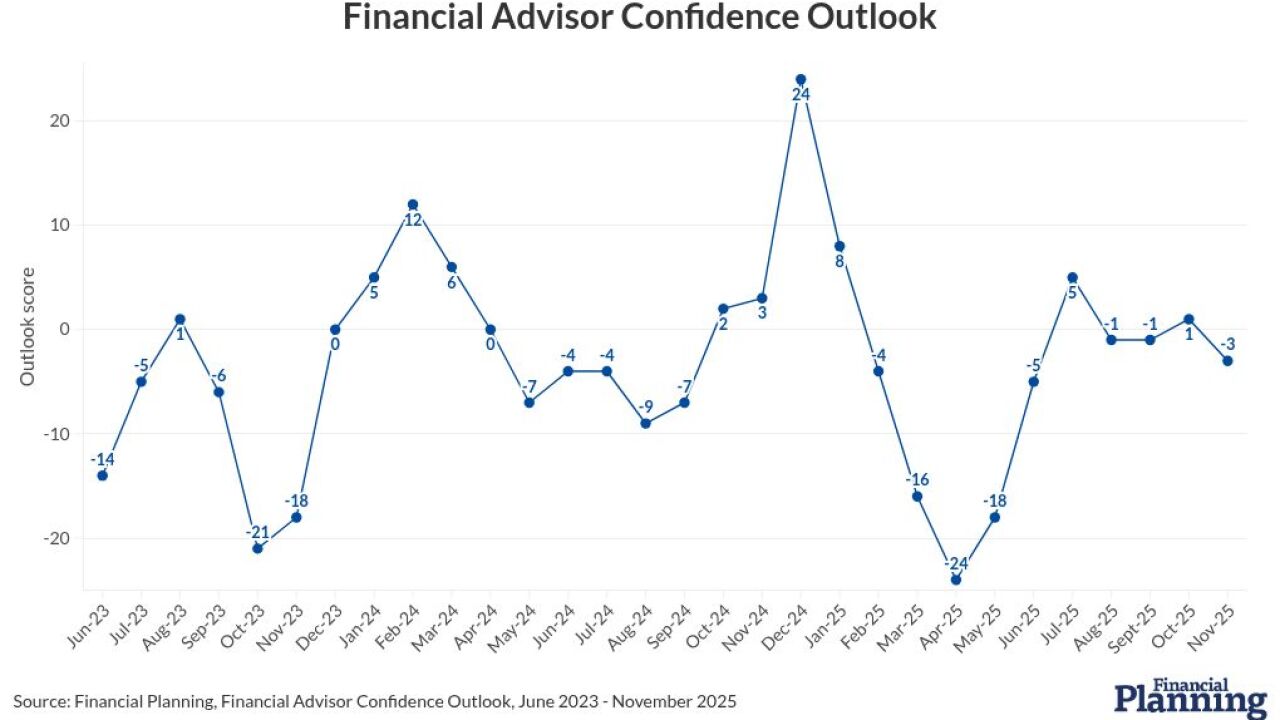(Bloomberg) -- The biggest buyers in the $8 trillion market for U.S. corporate bonds, including mutual funds, pension funds and life insurers, should be stress-tested to help prevent instability during a market downturn, according to a research unit of the Treasury Department.
Nonbanks are playing a growing role in the market for corporate debt at a time when the ratio of company debt to gross domestic product has surpassed 2007 levels and is approaching an all-time high, the Office of Financial Research said in a report Tuesday. Entities including mutual funds and insurers now own a quarter of all company obligations.
The increasing pile of company debt, brought on by years of low interest rates, is "a top threat to stability," the independent unit of the Treasury said in the report. Stress-testing firms under a scenario that includes severe corporate defaults and sharp declines in U.S. equity and commercial real estate prices could reduce security risks, according to the report.
"Large-bank stress tests are important, but broader testing is needed," the report's authors wrote. "At a minimum, regulators could require stress tests of the largest exposed groups of firms: banks, mutual funds, life insurers, and pension funds."
DODD-FRANK
The SEC is considering regulations that would require asset managers to stress test their portfolios, a requirement under the 2010 Dodd-Frank Act. Stress testing could be the basis for lifting capital requirements and improving liquidity and risk management practices, according to the Office of Financial Research.
U.S. company debt has rallied broadly in 2016, with investment-grade bonds returning 5.1% amid a record year for bond sales, according to Bloomberg Barclays Index data. High-yield notes have gained 17%. Even so, companies including credit grader Moody's Investors Service and Morgan Stanley's research arm have sounded alarm about companies' rising leverage levels.
Struggling mutual funds have rattled credit markets in the past. Last year, Third Avenue Management's decision to halt redemptions on its $788 million high-yield and distressed debt-focused mutual fund helped spark a worldwide credit selloff.
The Office of Financial Research was created by the Dodd-Frank Act to conduct research for bank regulators. The office helps support the Financial Stability Oversight Council, the group of financial regulators led by Treasury Secretary Jack Lew.





